Antiquity@E-Books
Presented by Professor Elias Wallis and Utopia University
January, 2007
The History of the Britons (historía Priteni)
By Aristophanes of Byzantium
An Introduction
The Author. Aristophanes (Ἀριστοφάνης) of Byzantium was a Greek scholar, critic and grammarian, particularly renowned for his work in Homeric scholarship, but also for work on other classical authors such as Pindar and Hesiod. Born in Byzantium about 257 BC, he soon moved to Alexandria and studied under Zenodotus and Callimachus. He succeeded Eratosthenes as head librarian of the Library of Alexandria at the age of sixty.
Aristophanes chiefly devoted himself to the poets, especially Homer, who had already been edited by his master Zenodotus. He also edited Hesiod, the chief lyric, tragic and comic poets, arranged Plato's dialogues in trilogies, and abridged Aristotle's Nature of Animals. His arguments to the plays of Aristophanes and the tragedians are in great part preserved. His works on Athenian courtesans, masks and proverbs were the results of his study of Attic comedy. He further commented on the Ilivakes of Callimachus, a sort of history of Greek literature. As a lexicographer, Aristophanes compiled collections of foreign and unusual words and expressions, and special lists (words denoting relationship, modes of address). As a grammarian, he founded a scientific school, and in his Analogy systematically explained the various forms. He introduced critical signs - except the obelus; punctuation prosodiacal, and accentual marks were probably already in use. The foundation of the so-called Alexandrian "canon" was also due to his impulse.
This exceptional scholar of the Hellenistic period would have been well remembered for these achievements alone, but at the age of thirty he would receive an invitation that would add him to the ranks of the great historians of antiquity.
The Britons and the Epistle of Adnus. In the summer of 228, twelve men “dressed in utmost barbaric finery” arrived in Alexandria. After delivering gifts to Pharaoh Ptolomy III Euergetes, they requested on behalf of their master, Adnu, a Prince of the Casse, to go to the Great Library and select among the scholars for those willing to return to the West with them. The Prince had, in fact, written a letter in Greek as an open invitation to such men, in particular Aristophanes:
Greetings unto the learned men of Alexandria,
We, a humble Prince of the British race, do entreat you and the famed grammarian Aristophanes especially to come unto our city at Avaricum (which is in the midst of country of Gaul). Our race has built up a great realm in the matter of a few decades and it now engaged here in Gaul, bringing strength and peace to all the nations that border on the mighty Ocean. Yet, we have no writings of our own, but leave this knowledge in the heads of our learned priests. This we find desirable in one hand and dangerous in the other. Further, we are becoming learned in Greek and wish to extend this to the people, along with the writing down finally of the great achievements of our people from the Divine Caradog and Barae to our own present war against the free Gauls.
Any man that comes unto us shall receive payment yearly of a talent and if they decide to stay, a place in the court of ourselves or our High King at Camulosade in the Isles.
Good Health and the Blessing of the Gods be with you,
Adnus, Prince of the Casse and general of her armies in Gaul
Though Ptolemy III was somewhat displeased to lose any of his scholars, he finally allowed twenty, Aristophanes among them, to leave with the promise that they would return in ten years. The scholars left in three British ships, sailing first to Crete, then Sicily, and finally making landfall at Massalía (recently annexed by the Romans) in the later part of the year. From there, the party made its away overland to Avaricum, surprisingly unharmed even as Gaul was at the time the center of wars between five different powers.
The World in 227 and the Journey of Aristophanes to Avaricum (black line)
The World at the Beginning of the History. Aristophanes began writing his work at a pivotal moment in world history, which, thanks to him, can be seen in full detail by events in both the West and the East. There, Ptolemy III Euergetes, despite the loss of Asia Minor, gathered allies in a final push against a shaken Seleucid kingdom. Egyptian armies swept through Syria while the Bactrians and their Parthian allies marched through Persia, soon laying siege to Babylon and Seleucia. The Pontiac kingdom, not wanting to “miss the bus,” joined the deluge, cutting off Seleucid forces in Asia Minor from the rest of the empire.
In Hellas, Epirus and Macedon continued their protracted struggle, even though the Macedonians had lost their homeland and their realm was divided between the northern “Thracian” and the southern “Greek” dominions. For their part, the Getai took advantage of the war, switching every decade between warring against the Epiroites and the Macedonians (at this time they were invading Macedonian Thrace).
In the central Mediterranean, Rome and Carthage remained allies in the face of the renewed power of Epirus. Thus, they renewed their ancient treaty of alliance (dating from c. 509) and clearly divided the West between themselves; Italy and Gaul would be Roman while Sicily, Sardinia, Corsica, and Spain were confirmed as Carthaginian. All other claims were dropped for the sake of “peace and brotherhood.” This also allow the Roman Senate, prodded by the Cornelii, to push north into modern day Switzerland and also into Transalpine Gaul in order to eliminate the ever present “Gallic threat.”
The British part in this mosaic will be well covered by Aristophanes, but it suffices to say that by the 230's they had burst upon the world stage. The Casse (“handsome ones”) were a Belgae tribe pushed off the continent in the previous century by the Aedui. Under the leadership of Caradog (337 – 272) and his son Barae (296 – 235), the Casse solidified their rule in the southeast, and then in several bloody wars subdued their opposition until all the British isles were conquered (c. 238). It was at this point that Britons turned their eyes back to their homeland on the continent. The Aedui and Arverni continued their internecine conflict, both choosing to ignore the encroaching armies of Rome and the Suebi in favor of their struggle for hegemony. The rest of the states of Gaul were independent, but this made them all the more easy picking for foreign powers, as the annexation of Massalia showed. The Britons decided to strike first, having a great surplus of manpower and money, beginning with a reconquest of their homelands in the Low Countries.
Notes. For the sake of providing the reader with a better understanding and picture of the events recorded in the History, we have used the famous modification for the strategy game Rome:Total War, Europa Barbarorum. We thank them for allowing us to use their work in order illuminate this chapter of history for the modern reader.





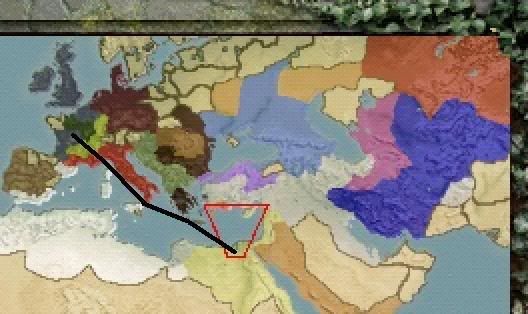


 Reply With Quote
Reply With Quote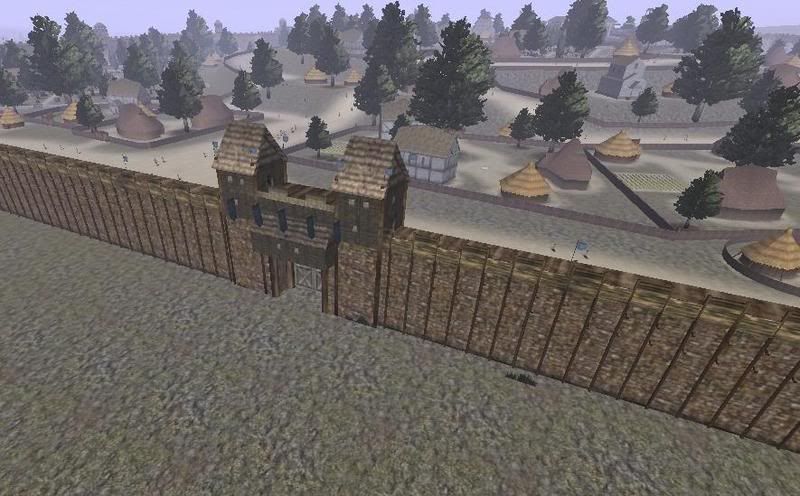
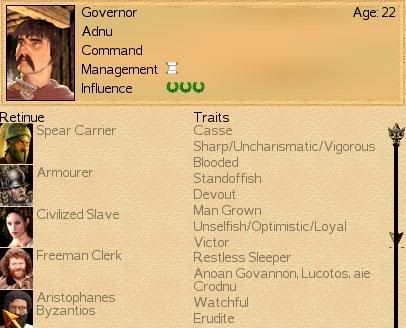



 Keep it up!
Keep it up!
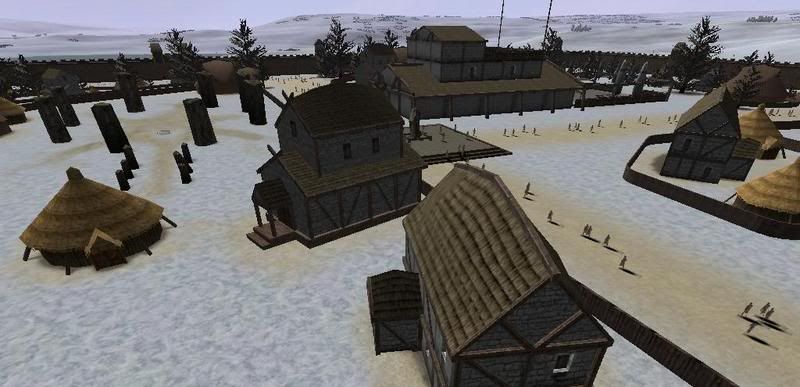
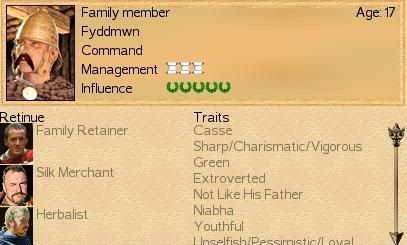




Bookmarks